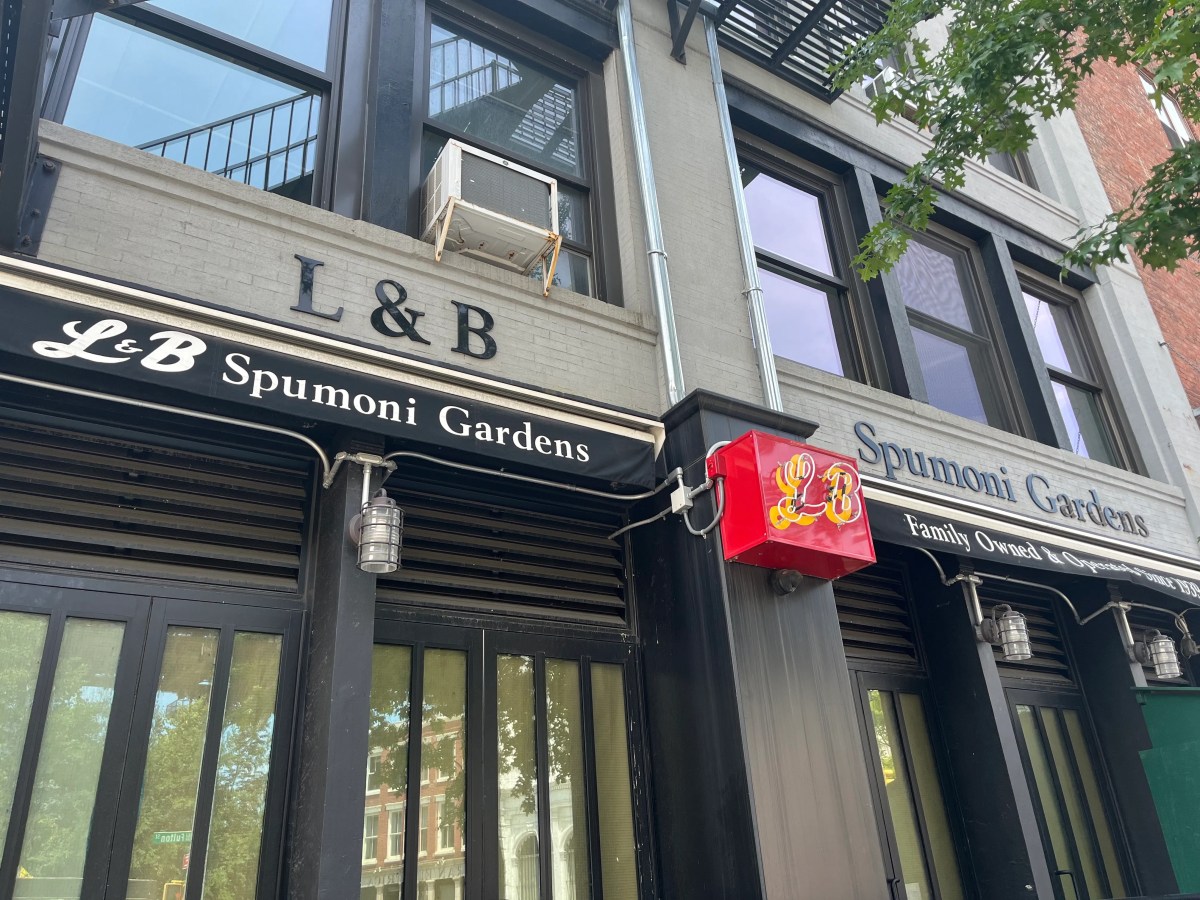Once again, the process was deplorable.
Crafting a state budget begins in a spirit of openness, with the governor and both legislative bodies publicly presenting proposals. Then comes the Albany darkness, an inevitable descent into opacity, secrecy and closed-door meetings, followed by a scramble by those outside the process for shards of information. Lawmakers weighed in on budget bills without knowing what was in the stew. They likely still didn’t Friday — we still didn’t — as they cooked away into the night.
The budget is too important to be done like this. But the outlines of the $154 billion spending plan that emerged showed that Gov. Andrew M. Cuomo, Assembly Speaker Carl Heastie (D-Bronx) and Senate Majority Leader John Flanagan (R-East Northport) got a lot right.
Signs were that a higher minimum wage would lead the way, reaching $15 an hour by Dec. 31, 2018, in NYC for employees of large businesses, and by Dec. 31, 2019, for others. Paid family leave and school aid gains were poised to move forward, too.
For NYC, the budget deal was a win because of what it didn’t include. With a significant assist from Heastie, city officials, it seemed, avoided the $180 million bill originally foisted on NYC for Medicaid expenses. A proposed statewide $250 million Medicaid cut was not in the budget, helping City Hall avoid a direct hit that would’ve meant a worrisome dip into reserves. The same was true for CUNY; Cuomo had wanted to shift $485 million funding to the city, but that, too, changed.
Mayor Bill de Blasio may be able to breathe a sigh of relief, but the resolutions mustn’t end with business as usual. Both Medicaid and CUNY must undergo rigorous evaluations to be more effective and efficient, and ultimately to save money. State and city officials must commit to those undertakings — together.
Perhaps the threats to CUNY and Medicaid funding were just negotiating tools. But that, too, is a guess, because the three men who formed the budget did so in secret. Constituents deserve a more inclusive, open and public process. Now, Albany must turn to ethics and approve a serious package of reforms. Nothing less is acceptable.





































